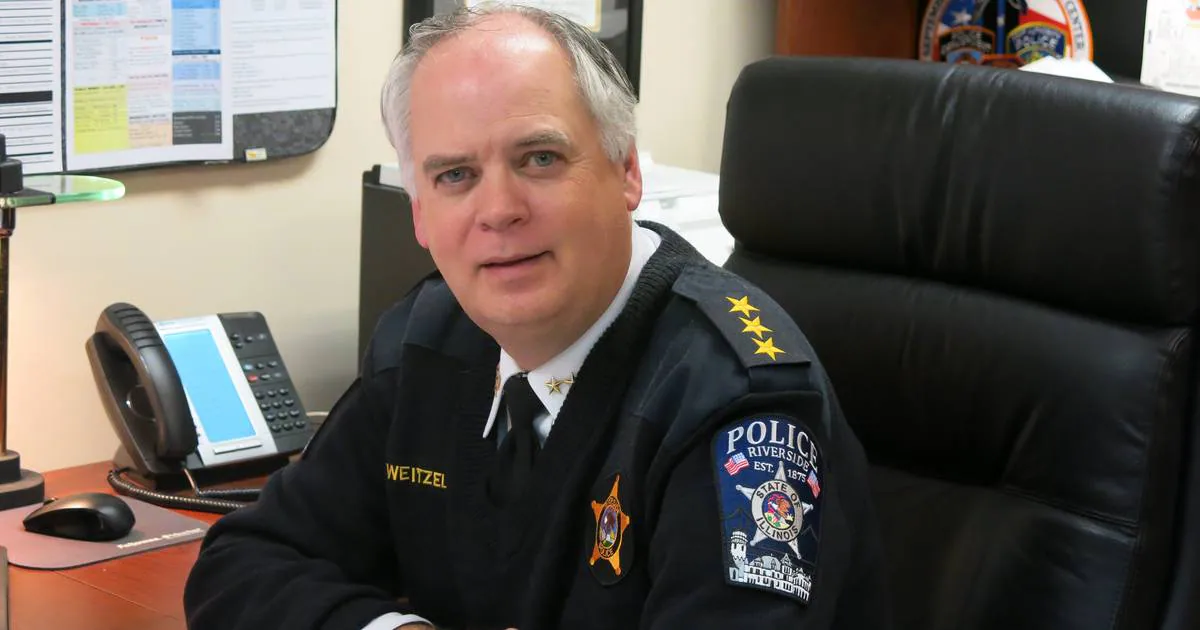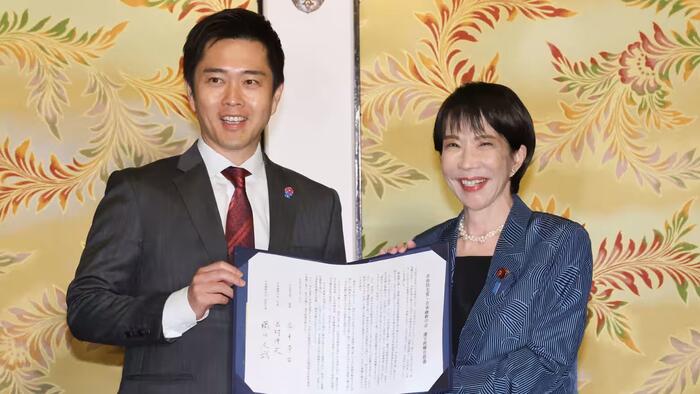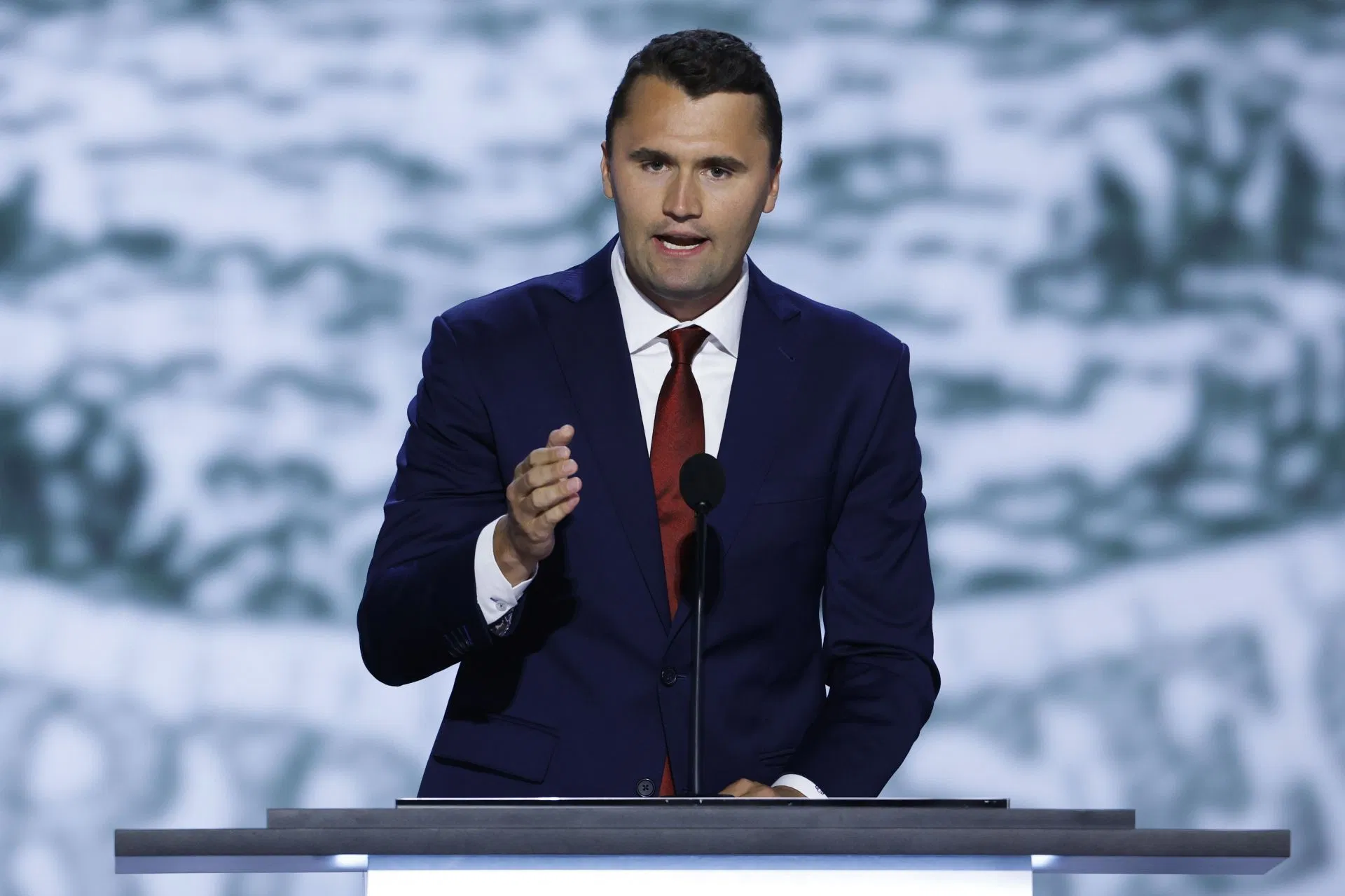Copyright Shaw Local Enewspapers

For 37 years I served in law enforcement, including 13 years as chief of police in Riverside. I believed then and I believe now that good policing and good politics are not enemies – they are interdependent. When a police department does its job professionally, elected leaders and the public win. Lately, though, the balance has shifted. Political influence has moved from reasonable policy setting into operational micromanagement, and that shift is corroding public safety. Elected officials and city managers rightly set policy and funding priorities for municipal agencies. They are accountable to voters, and policing is a public function. But there’s a clear difference between setting policy and telling a police chief how to manage responses, training and equipment. You hire a police chief because you trust a professional to translate policy into practice. When politicians cross that line and dictate tactical details or demand play-by-play control of operations, they undermine both effectiveness and accountability. This is not hypothetical. I have watched mayors and village presidents pressure chiefs behind closed doors, demanding constant updates about incidents or direct how officers should respond so an event will fit a political narrative. I’ve seen chiefs hired because they aligned politically with the appointing official rather than because they were the most qualified candidate. In Illinois, we debated mandatory chief certification through our state chiefs’ association. Municipal leaders pushed back because voluntary hiring preserves their control. That preference for control turns chiefs into political lapdogs and turns policing into a patronage job, not a profession. The consequences are concrete. In one recent high-profile example, a major city’s patrol command issued a stand-down order during a large disturbance and refused outside assistance. Radio logs, dispatch screenshots and firsthand accounts all show politics shaping tactical decisions. In another case, mutual-aid requests through a regional emergency system were ignored because one jurisdiction disagreed politically with the entity requesting help. Mutual aid exists to protect residents regardless of politics. When agencies let politics determine whether they respond, community safety is at risk and mutual-aid systems are rendered hollow. I’ve also seen local chiefs who privately agree with a policy critique but publicly remain silent because their mayor told them to “stay out of it.” When chiefs cannot speak up about policies that undermine morale or hamper crime prevention, the profession suffers and public trust erodes. Good leaders should be able to advise, object and educate elected officials without fear of retribution. We need practical, enforceable safeguards to protect operational independence while preserving democratic oversight. First, hiring must prioritize merit and demonstrated experience. Certification programs and transparent, competitive searches should be standard for chief appointments. Second, job descriptions for chiefs should explicitly delineate operational authority versus policy-setting by elected officials. Third, regional mutual-aid compacts should include enforcement mechanisms and sanctions for political noncompliance. Fourth, professional associations must take a stronger stance: support merit-based hiring, condemn political interference when it occurs and publicly back chiefs who resist undue political pressure. This is not an anti-democratic plea. Police chiefs should be accountable to elected leaders and to the public. They must follow lawful policy and budgetary directives. But accountability and operational competence are not mutually exclusive. In fact, both are needed if we want policing that is effective, ethical and respected like other professions. If policing is to be treated with the same professional standards as medicine or law, we must insist that chiefs are chosen for competence, not compliance. When political leaders respect the professional boundaries of the office, they empower chiefs to make sound operational choices, keep communities safe and maintain public trust. When they do not, the community is the ultimate loser. We can fix this. Start by committing to transparent, merit-based chief hiring, codifying operational independence in job descriptions and intergovernmental agreements and strengthening regional mutual-aid rules. Professional associations and legislators should support those reforms. The alternative is a continued slide toward politics-first policing and a slow erosion of public safety and trust. Here are practical recommendations that can be put into place immediately: For boards and councils: Adopt a model chief-of-police job description that explicitly reserves operational control to the chief and limits elected involvement to policy and budgeting. For police associations: Launch a public campaign promoting mandatory certification or minimum qualifications for chief hiring and a model competitive hiring process. For legislators: Introduce or support statutes that require transparent, merit-based selection processes for police chiefs. For mutual-aid bodies: Add explicit language barring political grounds as the reason for refusal to render mutual aid and create a sanction process for noncompliant agencies.



